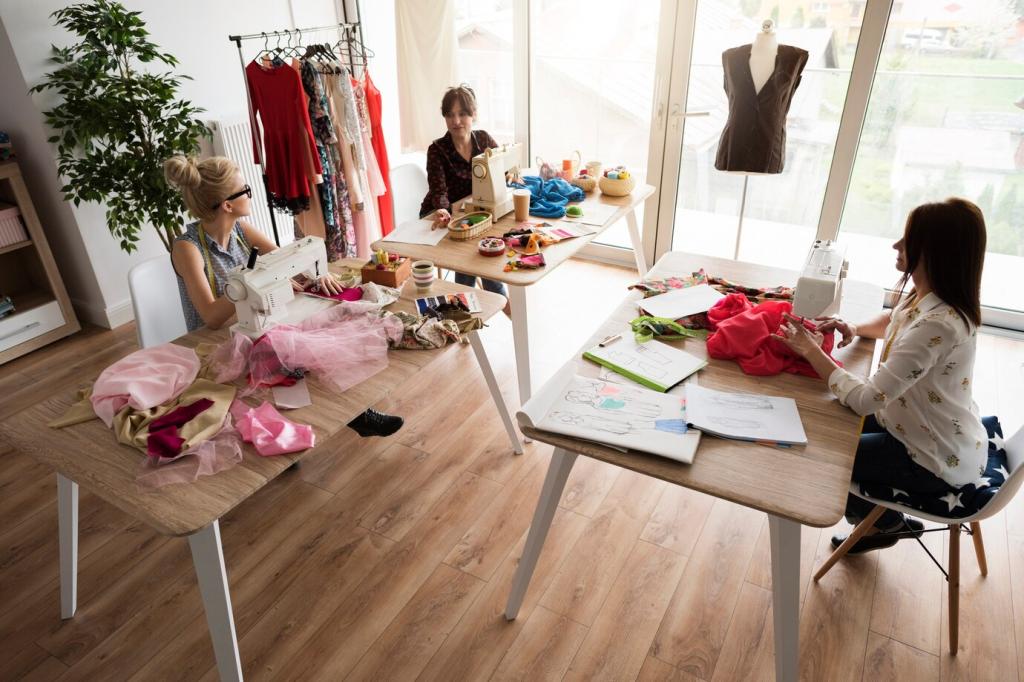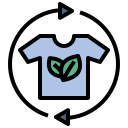Sustainable Fashion Brands to Watch
Discover the movement transforming the fashion industry as sustainability becomes a core value for businesses and consumers alike. Curtailing environmental impact and promoting ethical practices are now central concerns for clothing makers. Explore the emerging and established brands leading the way with innovative solutions, mindful manufacturing, and a genuine commitment to people and planet.
Pioneers in Sustainable Design
An icon in ethical fashion, Stella McCartney is renowned for its steadfast refusal to use leather, feathers, or fur in any collections. Beyond animal welfare, the brand innovates in fabric technology, utilizing recycled materials and pioneering new biodegradable textiles. McCartney’s holistic vision extends to circularity, with frequent collaborations with environmental organizations and a transparent sustainability report that guides other industry leaders.
Previous
Next
Emerging Ethical Innovators
Reformation
Reformation takes a radically transparent approach to fashion, offering up-to-date metrics on water savings and carbon emissions with every product. The brand’s Los Angeles factory uses renewable energy and safe working conditions as tenets of operation. By releasing limited-run collections and prioritizing recycled textiles, Reformation provides trend-driven designs with a lighter footprint.
Veja
Veja revolutionizes sneakers by prioritizing ecological materials such as wild rubber from the Amazon and organic cotton sourced through direct trade. The company’s startup spirit is evident in its openness about costs, supply chain transparency, and community investment efforts. Breaking away from traditional sneaker marketing, Veja lets its values guide its brand story, appealing to environmentally-aware consumers globally.
Girlfriend Collective
Built on a foundation of inclusivity and accessibility, Girlfriend Collective makes activewear from recycled water bottles and fishing nets. Equally impressive is its dedication to fair labor practices and body-positive marketing. Each product is accompanied by detailed environmental impact data, fostering a deeper connection with consumers who value transparency and performance.
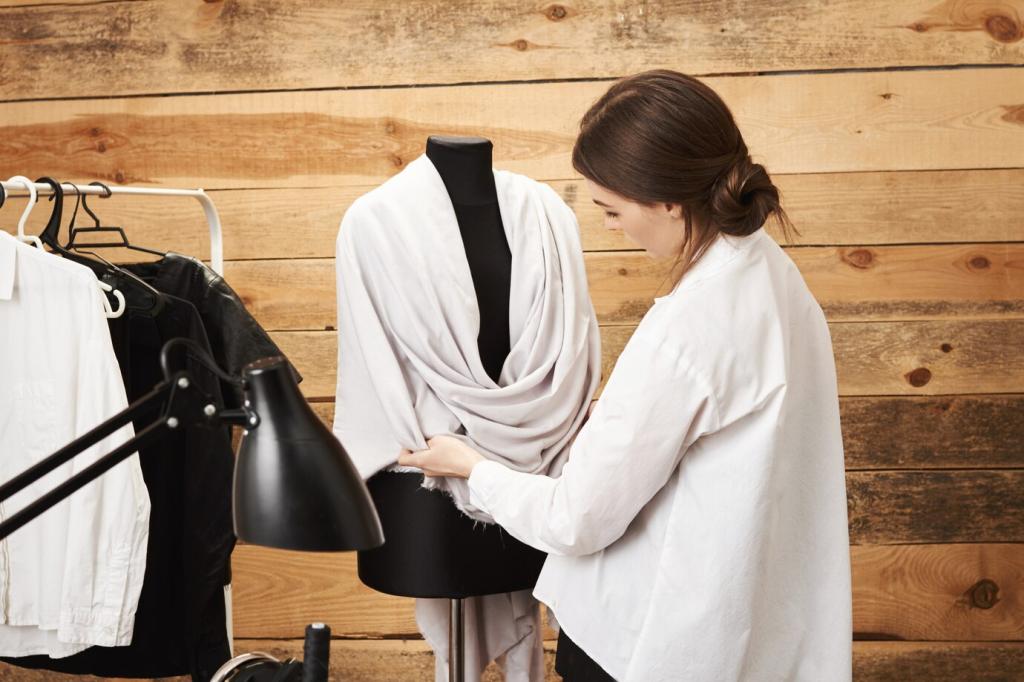
Mara Hoffman is lauded for infusing colorful, artistic sensibilities into collections made from organic cotton, hemp, and TENCEL™. Collaboration with artisans assures preservation of traditional methods and supports community livelihoods. Hoffman’s enduring commitment to ethical production, biodegradable packaging, and a less-is-more philosophy sets a precedent for eco-luxury.
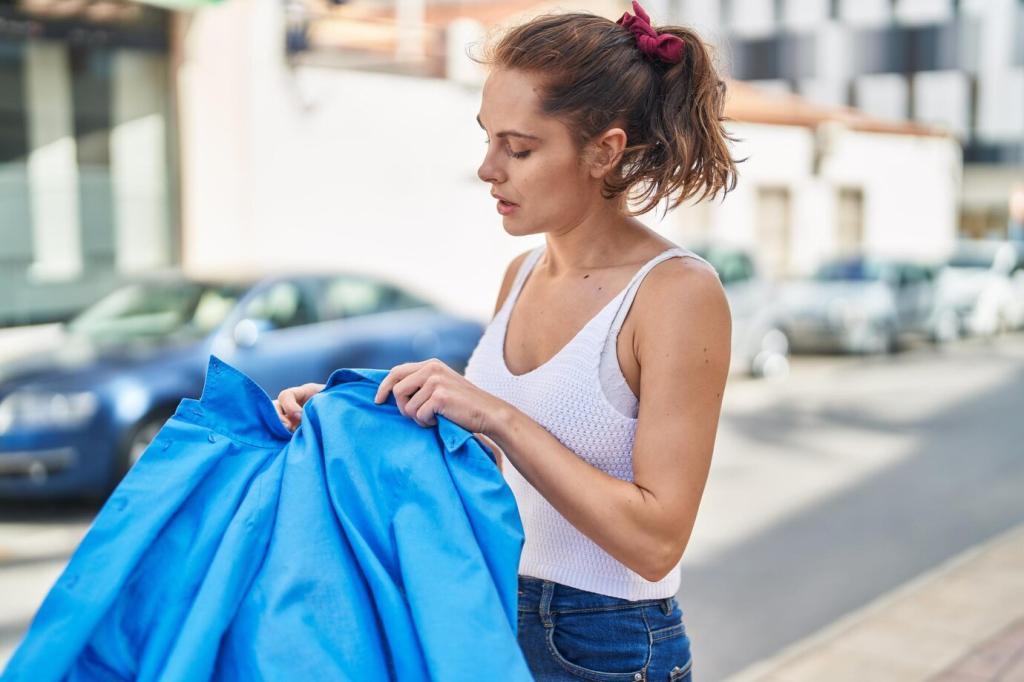
Maiyet merges Parisian elegance with social enterprise, championing small-scale artisan workshops globally. Each collection showcases rare skills and indigenous materials, celebrating cultural heritage while ensuring economic empowerment. As a founding member of the Nest Artisan Guild, Maiyet advances both environmental stewardship and artisan independence in the luxury fashion sphere.
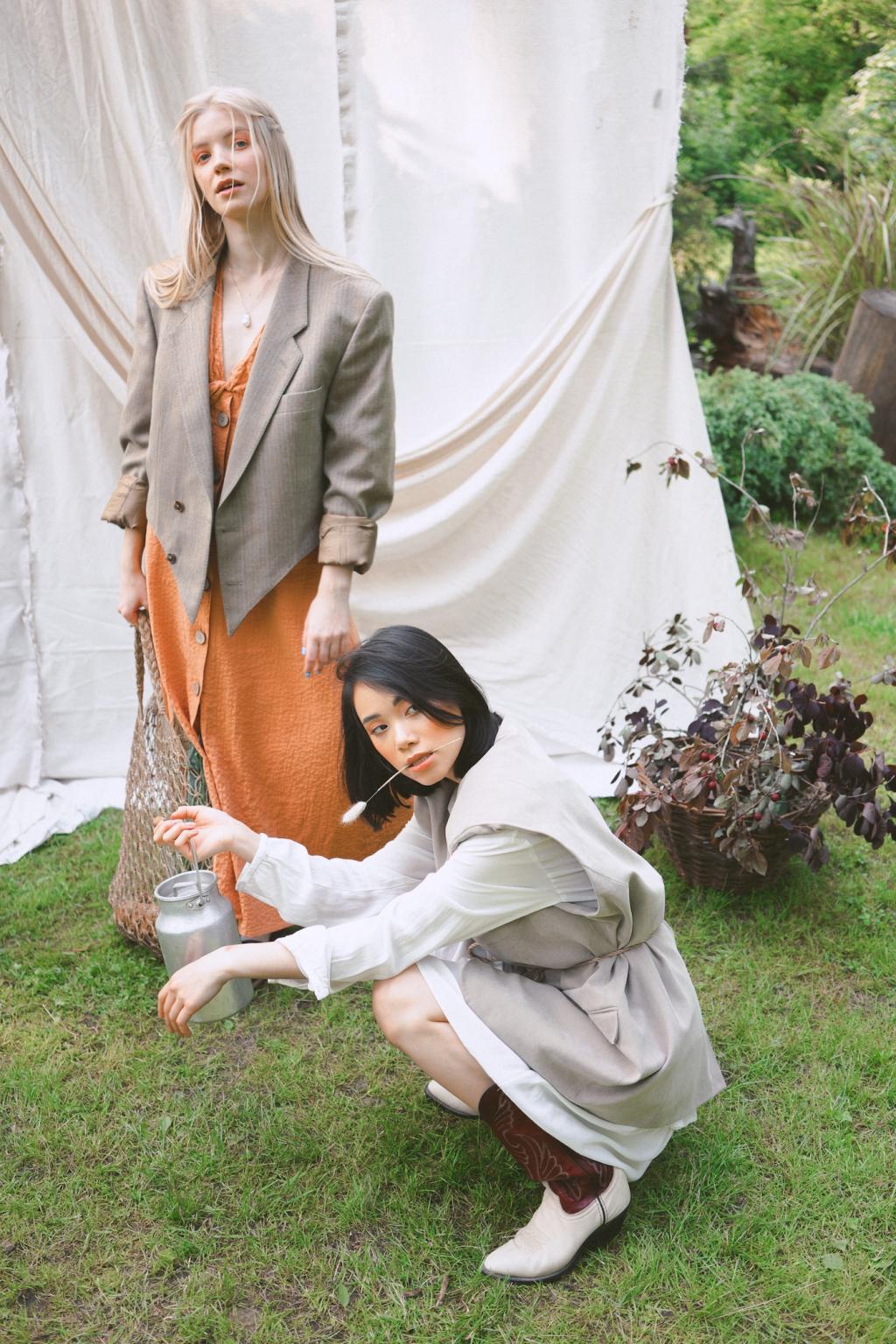
Uruguayan-American designer Gabriela Hearst crafts luxury ready-to-wear and accessories with a mission toward zero waste. Her collections are distinguished by responsibly-sourced leather, deadstock fabrics, and climate-positive initiatives such as carbon-neutral runway shows. Hearst’s approach to slow fashion emphasizes longevity, narrative, and environmental reverence.
Circular Fashion and Zero Waste
Nudie Jeans
Nudie Jeans has redefined denim with a pioneering repair and reuse ethos. Customers are encouraged to bring worn jeans back for free repairs, and the brand’s take-back program upcycles old products into new garments. Nudie’s organic cotton sourcing, transparent supply chain, and efforts to make every pair last as long as possible lead the charge for circular denim economies.
For Days
For Days introduces a closed-loop, swap-based clothing system where customers return worn items for recycling and receive store credit for new purchases. The brand’s minimalistic basics, made exclusively from organic or recycled materials, come with transparent impact statements. By treating garments as renewable resources, For Days champions a truly waste-free closet.
Elvis & Kresse
Elvis & Kresse repurposes industrial waste, particularly London Fire Brigade’s decommissioned fire hoses, into luxe bags and accessories. Their innovative upcycling model extends to prints and packaging, diverting thousands of tons of material from landfill. Beyond waste reduction, the brand donates substantial profits to charities, amplifying its social and environmental impact.

Technology and Innovation
Spinnova
Spinnova’s patented technology turns cellulose from FSC-certified wood and agricultural waste into recyclable, fully biodegradable fiber without harmful chemicals. The Finnish brand collaborates with household names to integrate its innovation into mainstream fashion, aiming for massive reductions in water and energy consumption. Their closed-loop process presents a blueprint for fiber sustainability.
Bolt Threads
Bolt Threads is a biotechnology company reinventing materials with innovations like Mylo™, a sustainable leather alternative made from mycelium. By applying science to nature, the brand partners with major fashion labels to integrate cutting-edge fabrics across the industry. Bolt Threads is at the forefront of engineering next-gen textiles that outperform conventional counterparts in sustainability.
Ambercycle
Ambercycle has developed a recycling process converting post-consumer polyester from discarded clothing into new, high-quality yarn. The company’s commitment to digital traceability ensures transparency across the supply chain. By closing the loop on performance fabrics, Ambercycle offers hope for managing the mounting problem of synthetic textile waste.
Previous
Next
Social Impact and Fair Labor
People Tree is a pioneer in fair trade fashion, partnering with marginalized artisans and farmers in the Global South. Certified by both Fairtrade and the World Fair Trade Organization, the brand’s collections feature handcrafted fabrics made from organic cotton and low-impact dyes. By merging traditional skills with modern design, People Tree uplifts entire communities.

Everlane
Everlane has built a reputation for “radical transparency,” offering detailed cost breakdowns and insights into every factory it partners with. By demystifying the supply chain, the brand empowers consumers to make informed, values-driven purchases. Everlane’s commitment to plastic reduction and carbon neutrality further underscores the company’s pursuit of openness and sustainability.
ASKET
ASKET creates seasonless menswear and provides exact origins and environmental impact metrics for each item. Through their Total Transparency Standard, customers can trace manufacturing processes from fiber to finish. The brand emphasizes care, repair, and recycling guidance, fostering a more sustainable, less disposable relationship with clothing.
Nisolo
Certified as a B Corporation, Nisolo publishes an annual impact report delineating wages, labor practices, and ecological goals. The brand’s shoes and accessories are handcrafted in ethical factories in Peru and Mexico, where artisans receive living wages and benefits. Nisolo’s dedication to full supply chain transparency positions it as a leader in ethical footwear.
